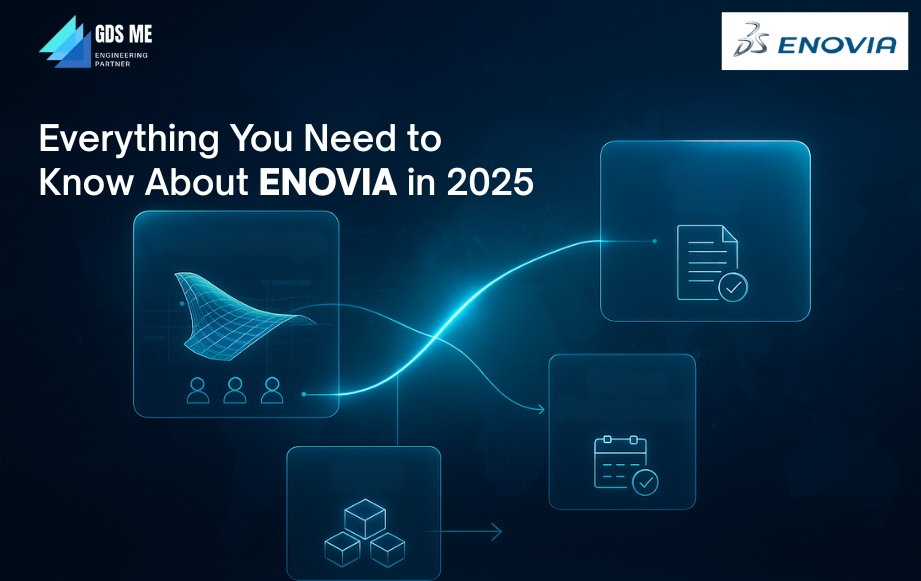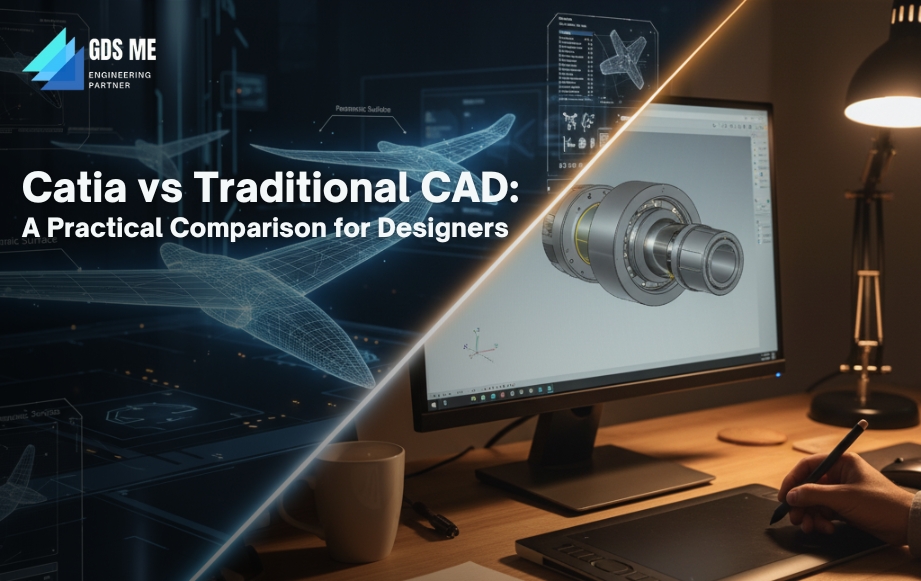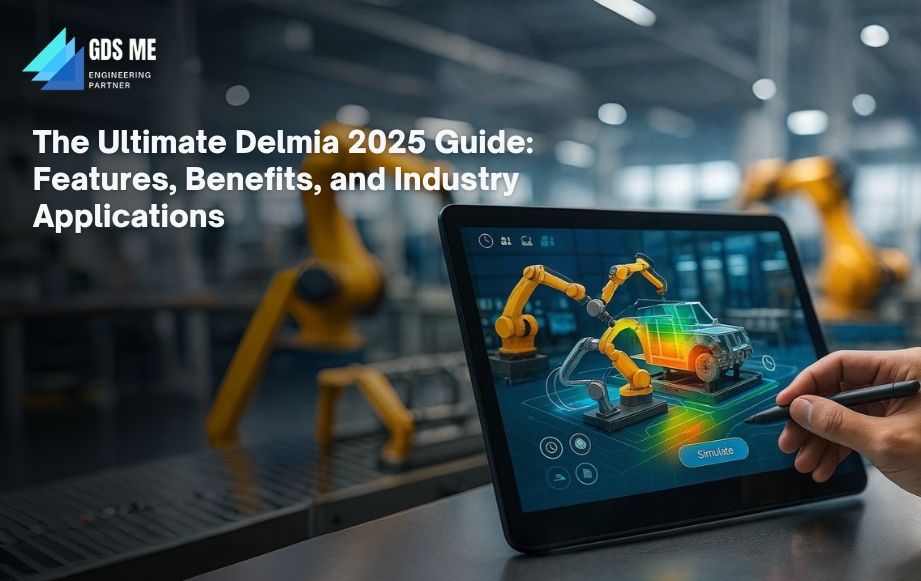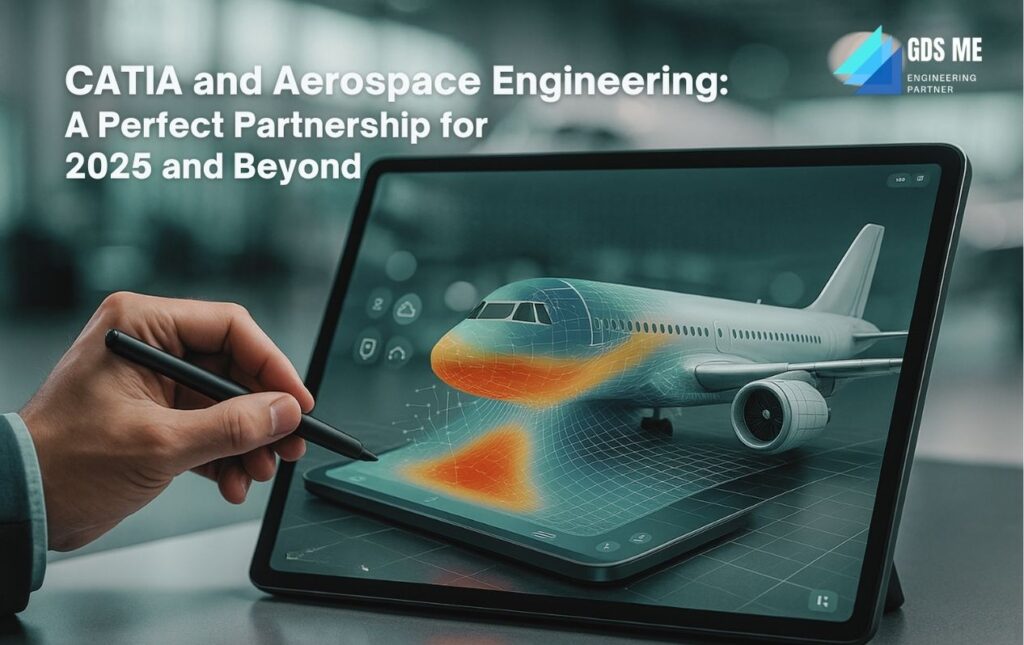Construction in the GCC region isn’t what it used to be. The pace is faster. The expectations? Much higher. Projects can’t afford delays, cost blowouts, or last-minute surprises. So, what’s helping smart companies stay on top of all this? One word: BIM.
If you’re new to it, BIM is Building Information Modeling. It’s not just 3D drawings on a screen. You have the brain of the entire project in one place. Designs, materials, timelines, costs—all plugged into an easy-to-use and understand digital model! Teams can access and update in real time, too. No confusion. Less rework. More clarity.
Here in the Middle East, where mega-projects are the norm and smart cities are taking shape, BIM is more than useful—it’s essential. Countries like the UAE and Saudi Arabia are moving fast, and construction has to keep up.
GDS Middle East is not just another service provider—we live and breathe BIM. With strong technical and sales teams across the GCC, we’re helping businesses take complete control of their construction workflows.
In this post, we’ll walk you through how BIM is shifting the ground beneath the industry—and why it’s worth paying attention.
Growing construction market in the Middle East
The construction boom in the Middle East is something we haven’t seen before. Cities rise from the desert, and timelines get tighter by the day. That kind of speed? It’s exciting but also risky. A single misstep in planning or coordination can throw everything off. That’s why more teams are turning to BIM. Not because it’s trendy—but because it works.
BIM (short for Building Information Modeling) lets everyone—from architects to site managers—work off the same shared model. No more chasing down the latest drawing version or guessing who’s doing what. It puts everything—design, scheduling, materials, changes—into one smart, living document.
But here’s where many companies hit a wall. They get the tool but not the support. That’s where the real problem starts.
At GDS Middle East, we’ve seen this happen again and again. So we offer something more—BIM consulting and support that’s tailored for projects in the GCC. We’re already working with teams across the region, helping them plan better, avoid delays, and make the most of their tech.
Because honestly, with the scale of projects happening here, you don’t just need better tools—you need better backup.
Top Benefits of Using BIM in Construction Projects
Here is a table enlisting the top benefits of using BIM in construction projects.
| Advantage | What It Means | How It Helps in GCC Projects |
| Accurate Planning & Visualization | Teams can see the entire project before it’s built | Developers visualize complex structures early, reducing planning mistakes |
| Fewer Errors & Rework | Conflicts are detected in the design stage—not on-site | Design clashes are resolved before hitting the ground, saving time and money |
| Real-Time Access & Tracking | Project info stays up-to-date and accessible for all stakeholders | Contractors track progress and updates live, improving response times |
| Better Cost & Risk Management | Detailed estimates and fewer surprises help control budgets | Project managers forecast costs better and avoid unexpected overruns |
| Stronger Collaboration | Teams work together more effectively through a shared model | Architects, engineers, and site teams communicate clearly using centralized data |
| Faster Completion | Improved coordination reduces delays | Tight timelines in UAE and Saudi projects are better met using BIM workflows |
| Boost in Quality & Safety | Higher standards with fewer manual errors; supports health and safety compliance | Sites in the region maintain better quality control and reduce safety incidents |
| Competitive Edge | Helps companies deliver better results and win more bids | Firms using BIM stand out when bidding for large-scale infrastructure projects |
Why BIM Is Becoming a Must-Have for Middle East Construction?
The Middle East’s construction scene is booming like never before. From futuristic projects like Saudi Arabia’s NEOM city to Red Sea Development, the region is aiming big. But with these big ideas come big challenges. The usual ways of building just don’t cut it anymore—projects are getting more complex, deadlines tighter, and sustainability demands higher.
That’s where Building Information Modeling (BIM) steps in. BIM isn’t just a fancy 3D model; it’s a smart way to plan, design, and manage construction digitally.
What’s Happening with BIM in the Middle East?
The UAE’s construction market, worth around USD 66 billion last year, is expected to jump to USD 95 billion by 2029. BIM is a big reason why. (GlobeNewswire)
Dubai’s government now requires BIM for big buildings — those over 40 floors or covering more than 300,000 square feet. (Turner & Townsend)
The BIM market across the Middle East is growing steadily and expected to keep expanding at about 7.6% annually through 2030. (UnivDatos Market Insights)
Why BIM Matters?
Simply put, BIM helps cut confusion, reduce costly mistakes, and makes projects greener and cheaper to build.
How GDS Middle East Helps You Get There?
Sure, BIM sounds great—but getting started can be tricky. GDS Middle East makes a difference. We provide quality BIM training in the GCC region, guide you step-by-step for adopting BIM, and offer support whenever you need it — making BIM easier and more effective for your projects.
GDS Middle East – Guiding You Through BIM
Generative Design Solutions Middle East (GDSME) is more than a consulting service. We’re your BIM partners, helping you get real results out of a digital process. If you’re just starting with Building Information Modelling—or looking to take it to the next level—we’ve got the tools, guidance, and experience to walk you through every phase.
Trusted BIM Resellers Across the GCC
We proudly deliver the best BIM tools to clients in UAE, Saudi Arabia, Qatar, Oman, Bahrain, Kuwait, and India. As authorized resellers of top-notch BIM platforms, we don’t just sell software. We help you make it work for your unique setup.
Why Do So Many Choose GDS for BIM?
- We listen first. Then we build – Your BIM strategy is only powerful if it’s tied to your business goals. That’s how we start.
- We don’t leave you hanging – From your first meeting with us to the success of your pilot project, we stick with you. We even train your team to get the most out of the process.
- We speak your language – Our models meet global standards like ISO 19650 and UK level 02, but our explanations don’t come with tech jargon.
- We prepare everything – Need a Clash Detection Matrix? A Collaboration Plan? We’ll make sure you’ve got it all sorted before your team hits the ground.
- Support That Doesn’t Clock Out – If something goes wrong, you won’t be left scratching your head. Our technical support team, spread across UAE and KSA, is ready to step in whenever you need a hand. No bots—just real people solving real issues.
- Built on Experience – With a team of 30+ professionals spread across 7 countries, we’ve been helping teams adopt BIM with confidence in various domains like design, engineering, or construction.
- Fair Rates. Clear Terms. No Hidden Costs – Our pricing is built around transparency and value. No guesswork, no complicated terms. Just solid solutions at rates you’ll be comfortable with.
FAQs
A. Not at all. Even smaller projects benefit from better planning and fewer clashes using BIM.
A. We don’t just give you tools—we make sure those tools fit into your system, your people, and your pace.
A. Many of our clients start noticing smoother coordination in their very first project.
A. Not at all. We’ll start with the basics, explain everything in plain terms, and train your team at your pace.
Let’s Get Started
Curious about BIM? Need help with an ongoing project? Or just exploring your options? Whatever stage you’re in, we’re here.







